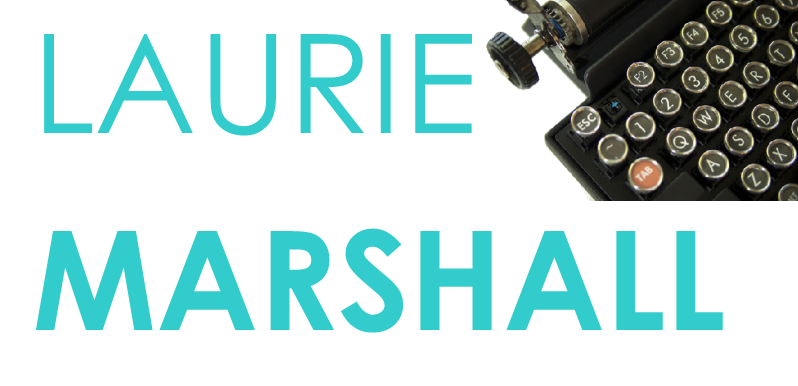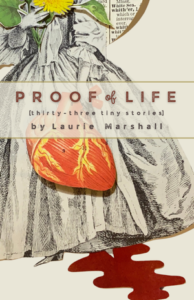You won’t know it from the frequency of my posts here, but I have recently rededicated myself to my work as a writer. Specifically, I have been investing in learning the craft of writing fiction. Even more specifically, flash fiction. To that end, I’ve participated in over a dozen writing workshops since last fall. Some were limited to just an hour of instruction, others spanned a week or two with assignments each day. The number of students ranged from 8-10 to upward of 75 or 80. The cost, as you might imagine, varied.
What did not vary was the basic structure of the teaching style: discussion about a particular aspect of creative writing/fiction/non-fiction, sharing of examples of that aspect done well, and a generative prompt followed by what I believe was the most transformative part of this instruction – sharing one’s work and receiving encouraging feedback from fellow participants.
Now, I realize a lot of factors are at play in a writer’s life when they are attempting to take themselves and their work seriously. The support (or not) of family and friends, time and a place to write, the number of responsibilities being juggled… all of these can affect the results of our efforts and mess with our mindset when we sit down to work. But I also know how it feels to receive feedback in a writing group and leave thinking my work sucks and let that feeling of hopelessness discourage me from writing for months or years.
Why would anyone keep trying to write if they think they are wasting their time? A perfectly folded stack of laundry and a freshly weeded garden provide instant gratification and rarely break your heart.
While it’s possible that I was able to get out of my head a bit when I sat down last fall to get serious about my work, but I’m convinced the method of teaching I encountered in my first workshop with Tommy Dean set me up for success. In his workshops, the first thing Tommy does after a student reads their work out loud to the group is gush about the things he loved. Maybe it was the way a story was told in one long, breathless sentence, pulling the reader along with a sense of urgency. Maybe it was the use of color in the story to set the emotional tone. Maybe it was the one unique metaphor the writer used to describe their childhood home. Tommy always finds something to compliment. Only then, he might ask about a bit that made him stumble, or wonder aloud if a change in POV or form might be interesting to try. Not better, but interesting. See the difference? It sounds so simple, because it is. And I’m not the only one who thinks it works.
Tommy, and other writers I’ve learned from (I’ve included a handy list below), believe that when a piece is brand new, having just tumbled out of someone’s mind only a few minutes before it’s read, that is not the time for others’ personal preferences re: punctuation and form to be imposed upon it. There is an assumption that the writer will come to those decisions on their own because they are competent writers.
What a gift that assumption is, let me tell you.
This assumption is the foundation on which I began building my self-confidence as a flash fiction writer. Since that first class, I have seen seven pieces of fiction and creative nonfiction accepted for publication, one of which placed second in a paid contest. I believe that in addition to teaching people what is not working, it is equally, if not more important to teach them what is.
The reality is that every writer has a preference about what they enjoy or “get” as readers, and then there are a whole lot of things they don’t. And those writers might all be taking the same workshop. And they all deserve to feel optimistic about their newborn story ideas. They should be coached with the expectation that as they continue to work on their stories they will edit and polish them, and engage some other folks to provide more feedback about mechanics that aren’t working. But first, they need to be encouraged to stay at their desk and keep writing.
As writers, we really need all the (truthful) positive feedback we can get as we’re creating the work, because have you read Amazon reviews??
Most of the writers I’ve learned from (maybe all?) are primarily focused on the flash and micro forms, but I am of the mind that learning how to write well is valuable no matter what your particular focus is. I’ve learned so much from these writers about a wide variety of aspects of the work, not just how to write short.
- Tara Campbell
- Tommy Dean
- Kathy Fish
- Hannah Grieco
- Matt Kendrick
- Cheryl Pappas
- Robert Vaughan at Bending Genres






